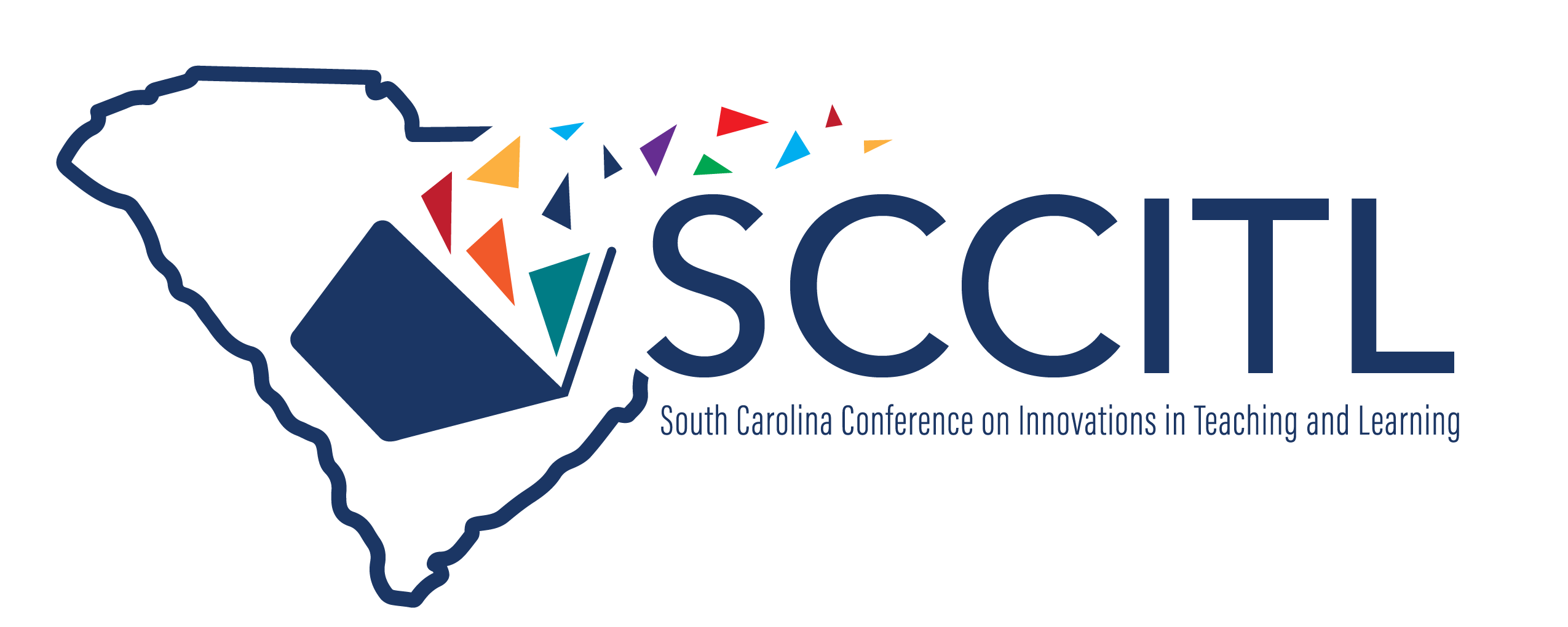Combining Andragogy with Artificial Intelligence in Higher Education: A New Paradigm for Instruction
Proposal Format
20-minute Presentation
Track Choices
Contemporary Issues in Teaching and Learning
Abstract
Andragogy is a teaching method that is specifically designed for adult learners. It recognizes that adult learners have unique characteristics and needs that differ from those of children and teenagers, and that they require a different approach to learning. It emphasizes the importance of self-direction, autonomy, and independent learning, and encourages adult learners to take an active role in their own education and pursue learning beyond formal education. Strategies such as case studies, role playing, simulations, and self-evaluation are most useful in engaging adult learners. Prior experience is also important, as adults bring a wealth of experience to the learning environment. Andragogy is essential in adult education as it provides a framework for understanding how adults learn and what teaching strategies are most effective for them. Technology has played an increasingly important role in education in recent years, transforming it in many ways. AI, in particular, has the potential to revolutionize education by providing personalized learning experiences, improving student engagement, and enhancing the effectiveness of assessments. This paper will explore how AI can be used to implement andragogy in higher education to improve learning outcomes for adult learners. It will also analyze the challenges of implementing AI in higher education and suggest strategies to overcome them. Finally, the paper will discuss the potential benefits of using AI in andragogy and its implications for the future of education.
Keywords
Artificial Intelligence, andragogy, learning styles
Speaker Bio
Dr Ezaz Ahmed is the Professor of Business and Dean of the Division of Business, Leadership, and Communication at Columbia College, South Carolina. Dr. Carole Sox is the Associate Professor of Business and Chair of the Undergraduate Business Programs at Columbia College, South Carolina. Dr. Alexandru G Atim is the Associate Professor of Mathematics and Chair of the Mathematics Program at Columbia College, South Carolina. Dr. Rubina Ahmed is a US Fulbright Scholar and an Adjunct Professor at the School of Business, Charles Sturt University, Australia.
Combining Andragogy with Artificial Intelligence in Higher Education: A New Paradigm for Instruction
Penny Hall, 310
Andragogy is a teaching method that is specifically designed for adult learners. It recognizes that adult learners have unique characteristics and needs that differ from those of children and teenagers, and that they require a different approach to learning. It emphasizes the importance of self-direction, autonomy, and independent learning, and encourages adult learners to take an active role in their own education and pursue learning beyond formal education. Strategies such as case studies, role playing, simulations, and self-evaluation are most useful in engaging adult learners. Prior experience is also important, as adults bring a wealth of experience to the learning environment. Andragogy is essential in adult education as it provides a framework for understanding how adults learn and what teaching strategies are most effective for them. Technology has played an increasingly important role in education in recent years, transforming it in many ways. AI, in particular, has the potential to revolutionize education by providing personalized learning experiences, improving student engagement, and enhancing the effectiveness of assessments. This paper will explore how AI can be used to implement andragogy in higher education to improve learning outcomes for adult learners. It will also analyze the challenges of implementing AI in higher education and suggest strategies to overcome them. Finally, the paper will discuss the potential benefits of using AI in andragogy and its implications for the future of education.


